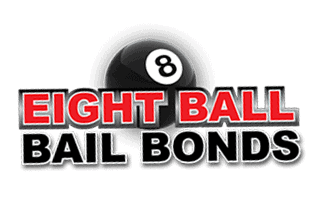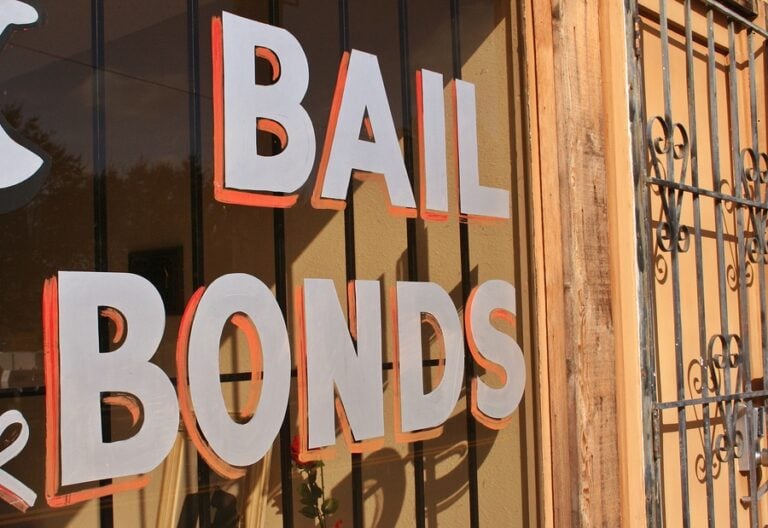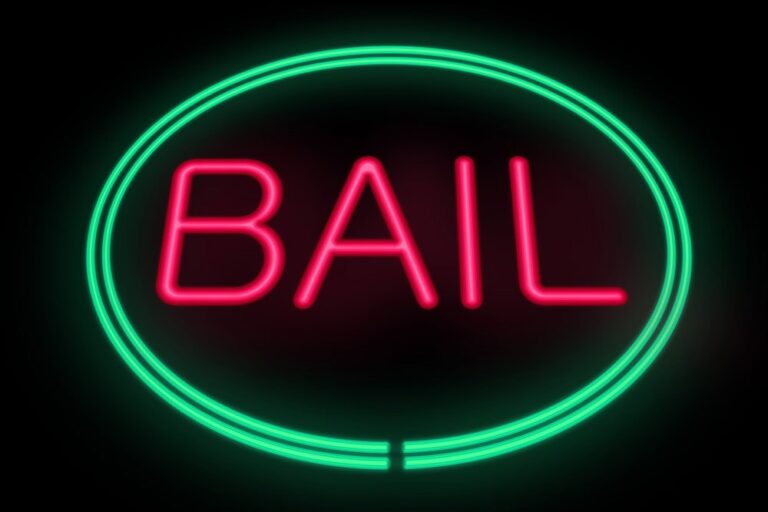Arrest, Booking, Bail: How Do Bail Bonds Work?
Laws Will Be Broken, People Will Get Arrested, and They’ll Have To Face Jail Time
No one in his right mind wants to get into trouble with the law and no one especially wants to linger in lockup, once the law catches up. Unfortunately, laws will be broken, people will get arrested, and they’ll have to face jail time. When you’ve been charged with a crime, you’ll have to be processed accordingly. Depending on the charges, your record, and the brilliance of your lawyer, you may have to spend time in jail to await your trial or be released on bail.
Bail 101
 The justice system uses bail to temporarily release suspects or defendants from jail. The bail amount depends on the degree or severity of the crime, existing laws, and the judge’s discretion. Since most trials can start weeks or months after the arrest, bail allows defendants the ability to return to work and go about their lives, to prevent financial difficulties, and for the innocent, safety from the dangers of jail time.
The justice system uses bail to temporarily release suspects or defendants from jail. The bail amount depends on the degree or severity of the crime, existing laws, and the judge’s discretion. Since most trials can start weeks or months after the arrest, bail allows defendants the ability to return to work and go about their lives, to prevent financial difficulties, and for the innocent, safety from the dangers of jail time.
In some cases, the court may also take into consideration your financial situation before determining a proper bail amount. A defense lawyer may also argue the excessive bail by proving to the court that your appearance in legal proceedings will be guaranteed, and that you are not a flight risk, citing your ties to the community and lack of or absence of a criminal record. In contrast, the prosecutor will argue either a high bail amount or remand, stating your repeat offenses and the danger you pose to the community. Bail bonds come in when you don’t have enough money for bail.
Of Bonds and Bondsmen
 How do bail bonds work, you ask? A bail bond is basically a financial arrangement you, as the defendant, make with a bond agency. A bond agency will act on your behalf, to arrange with the court for your release from jail pending trial in exchange for cash or collateral, which may be in the form of assets or bonds. Some courts, instead of demanding the full amount, may take 10 percent cash down payment in exchange for your release.
How do bail bonds work, you ask? A bail bond is basically a financial arrangement you, as the defendant, make with a bond agency. A bond agency will act on your behalf, to arrange with the court for your release from jail pending trial in exchange for cash or collateral, which may be in the form of assets or bonds. Some courts, instead of demanding the full amount, may take 10 percent cash down payment in exchange for your release.
Because the bail bondsman is putting up your bail, and is essentially responsible for your guaranteed appearance in court, certain measures have to be taken to ensure that the bondsman gets his money back and that you do not jump bail. One, the bondsman takes out a security against your assets to cover the cost of your bail. If you don’t have enough assets, the bondsman may take out securities against friends or relatives willing to help. And two, the bondsman has the right to hire a bail enforcement agent, more popularly known as the bounty hunter, to track you down should you fail to show up for court.







